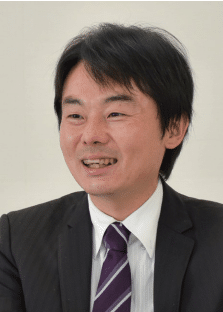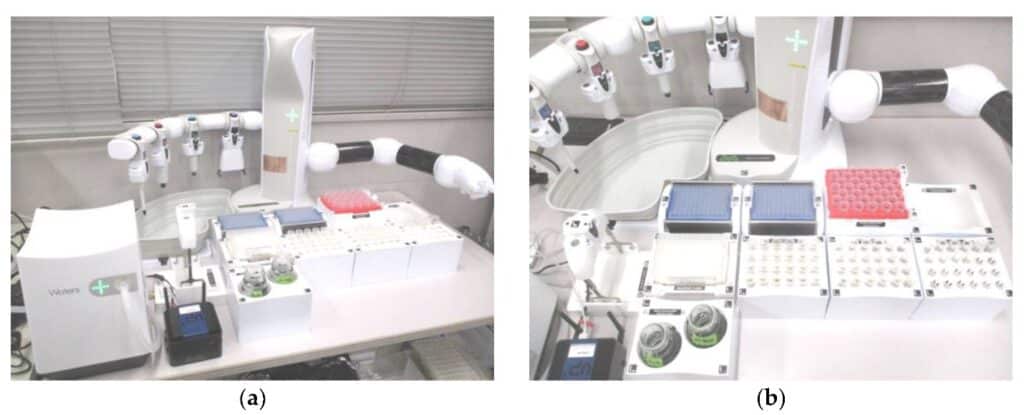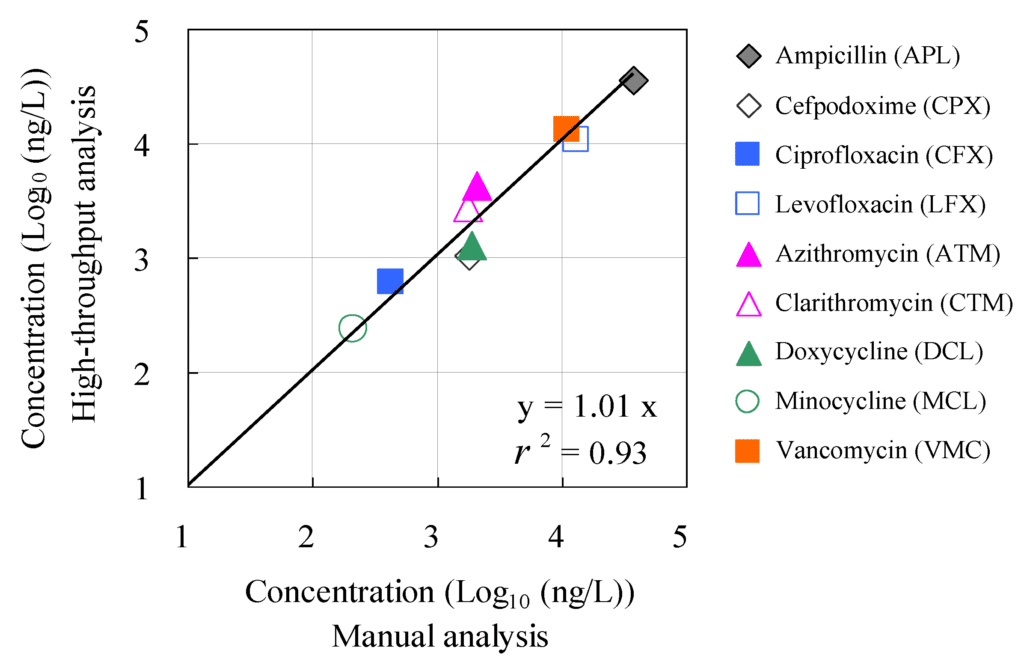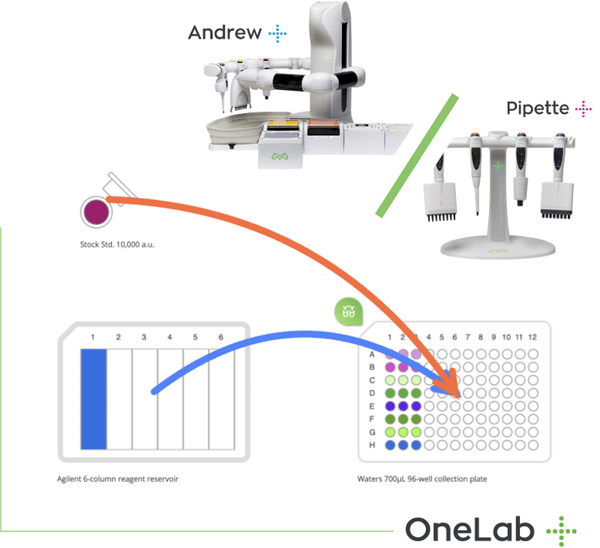
Dr. Takashi Azuma
Osaka Medical and Pharmaceutical University
Dr. Takashi Azuma’s research on hospital wastewater monitoring at Osaka Medical and Pharmaceutical University may prevent the next global pandemic.
Five years later, it is difficult to forget the horror of the Covid-19 Pandemic. Leaving behind a death toll estimated at between 18.2 million to 33.5 million, the greatest recession since the Great Depression, and massive food shortages due to panic buying and the disruption of global supply chains, the Covid-19 pandemic was a devastating event to live through. Pioneering research on mRNA-based vaccines brought the pandemic to an end. Cutting edge research currently underway in the laboratory of Professor Dr. Takashi Azuma, Osaka Medical and Pharmaceutical University, Japan is focused on ensuring that we will never have to experience another pandemic again in our lifetime.
Dr. Takashi Azuma’s research on hospital wastewater monitoring at Osaka Medical and Pharmaceutical University may prevent the next global pandemic. Dr. Azuma’s research group laboratory has focused on one of these key factors: antimicrobial overuse. For this reason, Dr. Azuma and his colleagues have directed their attention to major ‘hotspots’ of antimicrobial overuse: hospitals. If not adequately addressed, hospital wastewater can serve as a major source of release of antimicrobials and AMR into the environment. When bacteria, fungi, and viruses evolve to resist antimicrobials, a public health crisis can rapidly result.

Figure 1: (a) Overview of the high-throughput analysis (HTA) platform for hospital wastewater monitoring in the laboratory of Dr. Azuma (b) Detailed view of the key components in the HTA platform which includes decks (aka “dominos”) to store pipette tips, 96 well plate holders, bottle holders, a tip waste container, and a microplate gripper tool. Figure from Reference 2, CC-BY License (https://creativecommons.org/licenses/by/4.0/)
To monitor the concentration of antimicrobials in hospital wastewater, Dr. Azuma and members of his research group developed a highly sensitive analytical platform that combines solid phase extraction (SPE) with liquid chromatography-tandem mass spectrometry (LC-MS/MS). SPE is a vital step in monitoring antimicrobials in wastewater, prior to LC-MS/MS analysis. Until recently, performing SPE prior to LC-MS/MS analysis was a manual, labor intensive step which was rate limiting in wastewater monitoring surveillance programs. The Andrew+™ Pipetting Robot can be used in conjunction with the Extraction+™ Connected Device to perform Plug-and-Play SPE.
Dr. Azuma did a direct comparison of manual vs. automated SPE using the Andrew+ Pipetting Robot when determining the concentration of ampicillin, cefpodoxime, ciprofloxacin, levofloxacin, azithromycin, clarithromycin, doxycycline, minocycline, and vancomycin in hospital wastewater samples. Specifically, Dr. Azuma focused on a 500-bed general hospital located in an urban area of Japan that cares for approximately 1500 patients per day. The two methods (manual, automated) yielded results that were in excellent agreement with one another (r=0.99).
“Using an Andrew+ Pipetting Robot platform to perform solid phase extraction of antimicrobials in hospital wastewater, we were able to significantly save valuable time spent on sample preparation without comprising on accuracy and reproducibility,” commented Dr. Azuma. “Most importantly, the OneLab™ Software platform that powers the Andrew+ Pipetting Robot is very user friendly. One can develop robust experimental protocols without any expertise in programming,” added Dr. Azuma. If we never live through another pandemic again, it may be in part due to excellent hospital wastewater monitoring programs such as the program that Dr. Azuma and colleagues established in Japan.
Andrew+, Extraction+ and OneLab are trademarks of Waters Technologies Corporation.

Figure 2: (a) Manual vs. Automated Analysis of Hospital Wastewater to monitor Antimicrobials. Figure from Reference 2, CC-BY License (https://creativecommons.org/licenses/by/4.0/)
References:
- “The pandemic’s true death toll.” The Economist. 25 Oct. 2022. [18 November 2021]. Archived from the original on 8 February 2024. Retrieved26 July
- Azuma, Takashi, et al. “Development of a High-Throughput Analytical Method for Antimicrobials in Wastewater Using an Automated Pipetting and Solid-Phase Extraction System.”Antibiotics 4 (2024): 335.

